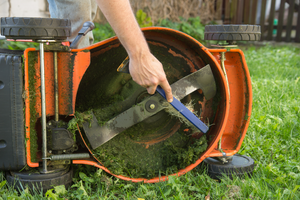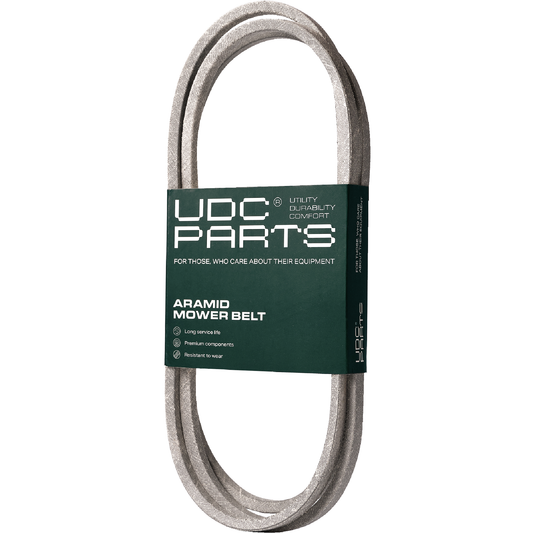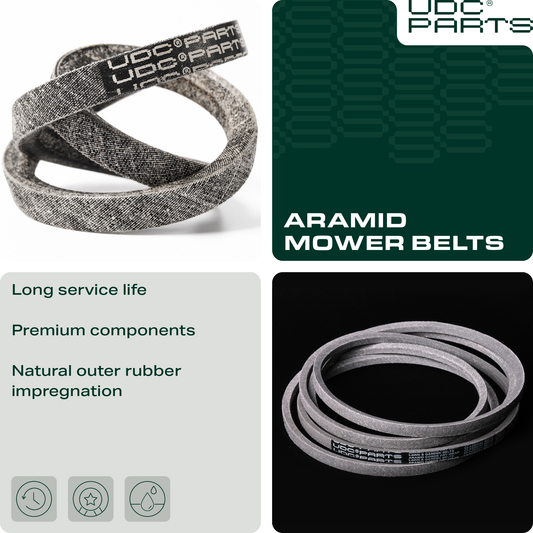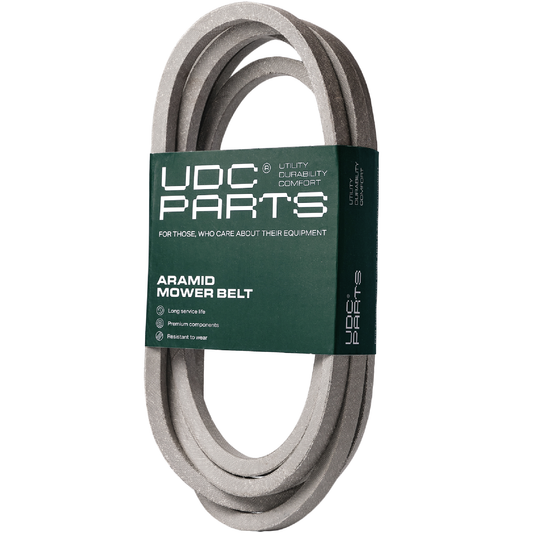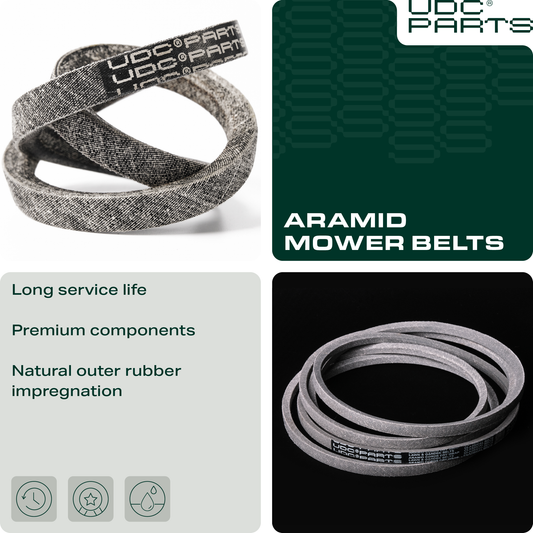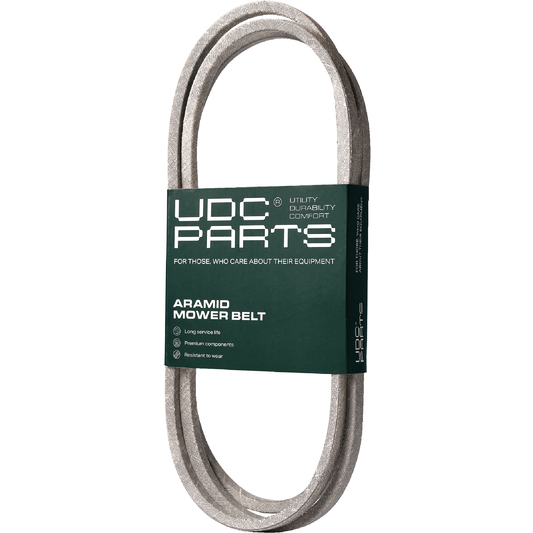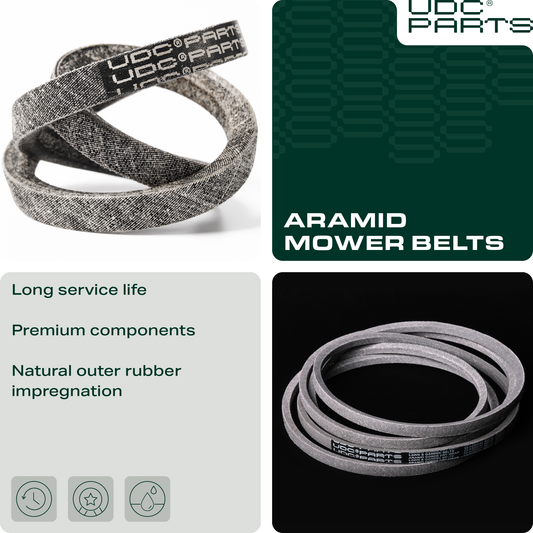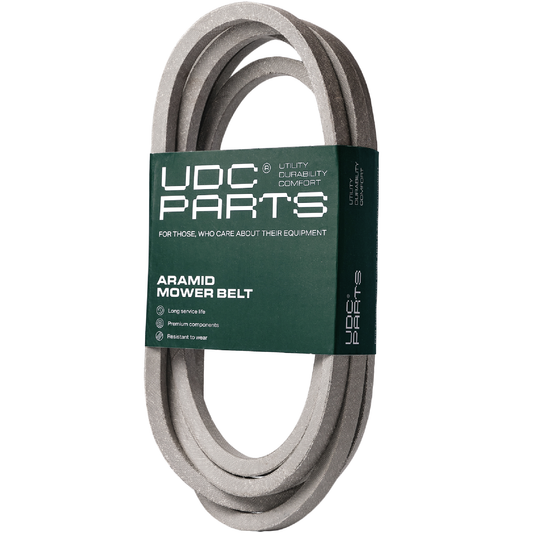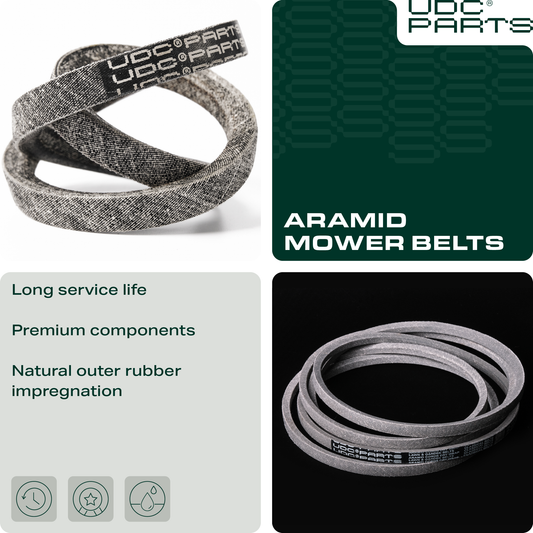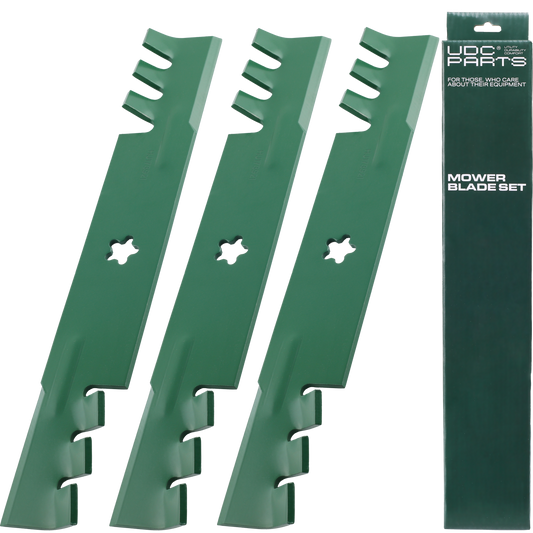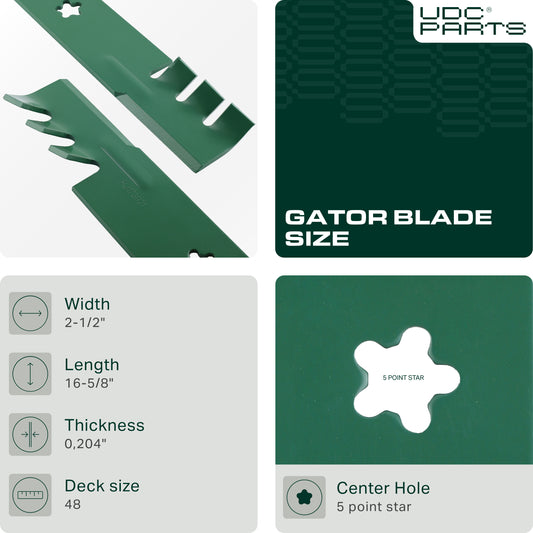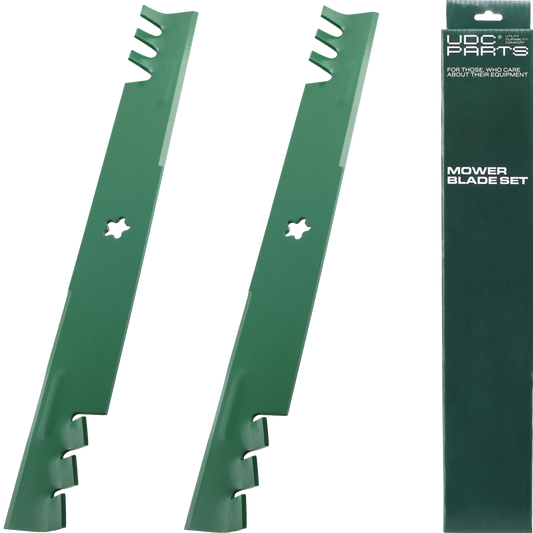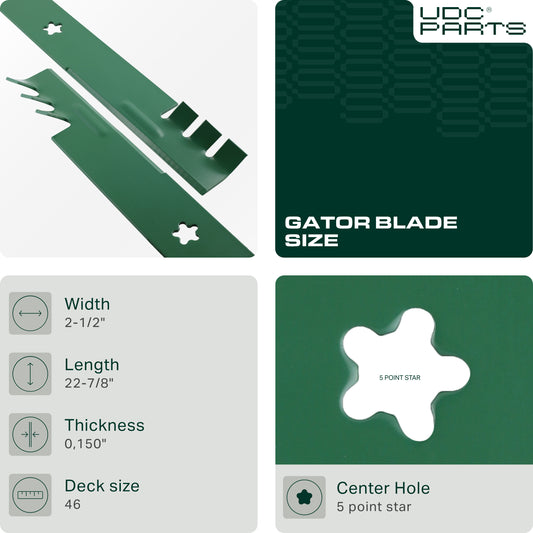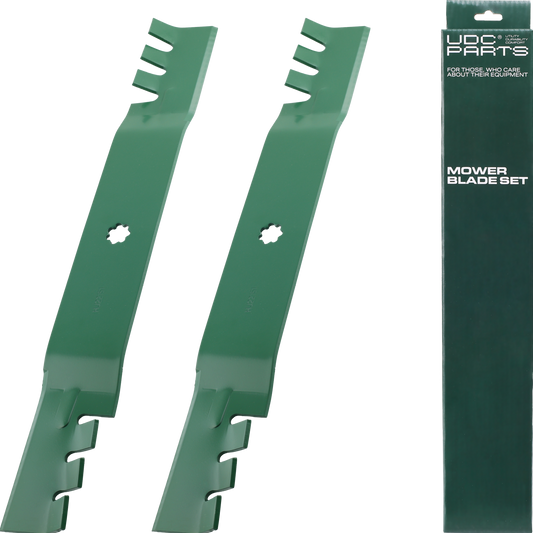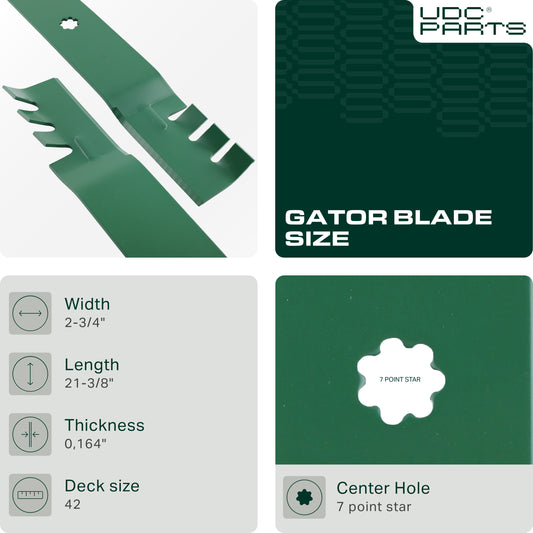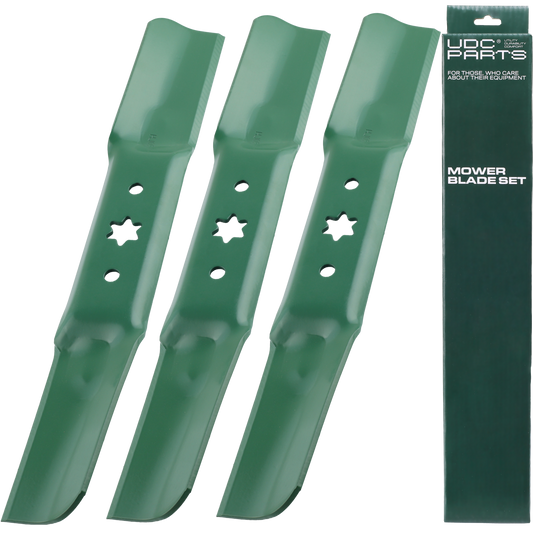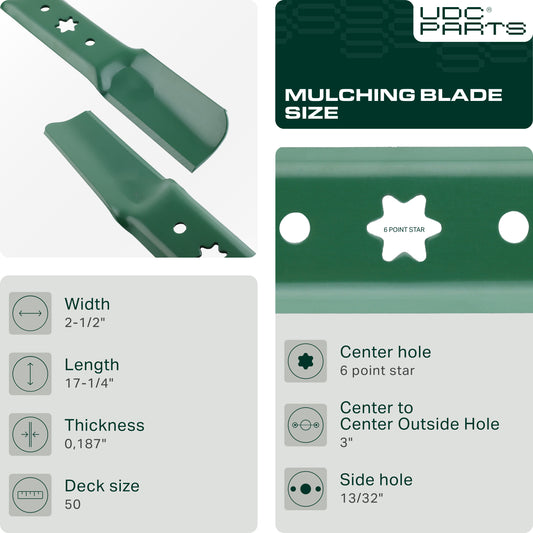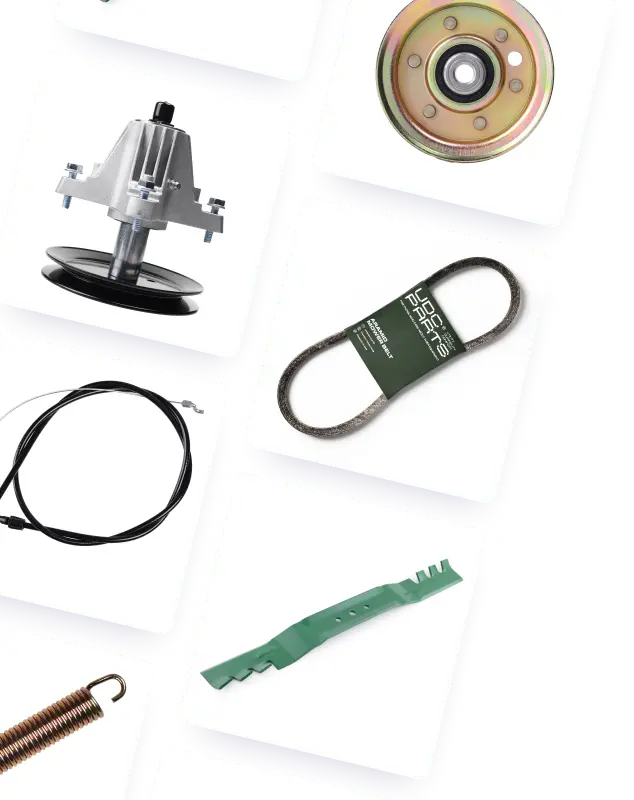
“What lawn mower should I buy” - is this the question you've been thinking about for weeks? Well, we understand. There are many types of lawn mowers, and they can be quite demanding in both maintenance and handling. Our task is to find a lawn mower that cuts your lawn precisely to the millimeter and helps you look impressive in front of your neighbors.
Lawnmower Types
Speaking of lawnmower types, we can emphasize the following: Gas Lawn Mowers, Electric Push Mowers, Reel Mowers and Robot Mowers. Each has its own strengths and weaknesses. Let's look at them in detail, so you've got a solution to the "how to choose a lawn mower" problem.
Gas Lawn Mowers
It is one of the most popular options if you are in desperate need of buying a lawn mower. It can handle both tall grass and weeds without any problems. You can choose a model with a specific type of mowing: bagging, side discharge or shredding. But you need to be careful. Of the disadvantages, note solid costs for gasoline and maintenance, as well as a high level of noise and harmful emissions.
Electric Push Mowers
By paying a little more, you get a whole package of benefits that will pay off in the long run. You won't have to change the oil and filters on these mowers, they make less noise and produce no harmful emissions. If you're concerned about the world's environment, this is your choice. They are also easier to drive and produce less vibration than their gasoline mates. All you need to do is keep the battery charged.
Reel Mowers
This is a great option if the quality of the cut is important to you. With reel mowers, you can cut the grass with perfect precision and leave a low height of just under an inch. What's more, this type of mower is gentler on the grass itself. Your lawn will look fresher and healthier compared to the impact of other types of mowers. The high quality will be maintained even if you cut wet grass. You can also choose between manual, electric or gas-powered reel mowers according to your needs and budget.
Robot Mowers
The most innovative type of lawnmower to date. On the plus side, it follows the GPS coordinates that you set yourself. You can also specify the grass cutting height and set all these and many more settings in the branded app. When work is completed, they return to the doc station. Your participation in mowing is not required.

But, it is possible that the results of mowing, especially with the basic models, will not be exactly what you expect. Most of the models in this segment leave rather noticeable marks on the lawns and can`t handle the tall grass. And nothing will ever compare to manual work. In this specific area, robots are still a long way from us humans. Most robots do their work for quite a long time, literally winding in circles until they reach the desired result.
Factors to Evaluate Before Choosing a Lawn Mower
With our lawn mower buying guide, you will now learn about all the aspects of choosing a lawn mower. The size of your lawn, as well as the terrain, are certainly among the key factors. If the lawnmower can't get up a steep hill, it's not much use. You should also choose a lawnmower based on your physical condition. You should be able to handle it easily, we don't want you to faint on the lawn. And of course budget, and it is better to look at the long term. In some types of lawn mowers, consumables need to be replaced every 10 uses, in some, it is enough to sharpen or replace the blades once a year.
If you have pets or children, it's worth considering safety considerations. All lawnmowers have a blade guard, and many have an automatic shut-off system that will stop operation in the event of suspicious use, but it may be better to be cautious.
Of the additional factors, we would definitely pay attention to the level of noise emitted. This is really the point that can worsen relations with your neighbors. And also storage. If the robotic lawnmower can be placed in a special case outside the house, the other types presented in this material still require a place indoors.
Understanding Your Lawn Care Needs
The type of grass on your lawn is one of the key factors in your choice. Cool-Season Grasses (e.g., Kentucky bluegrass, fescue): require regular mowing and may benefit from mowers with finer cutting capabilities. While Warm-Season Grasses (e.g., Bermuda, zoysia) grow more vigorously and might need more powerful mowers or those with high cutting capacities.
Lawn Size and Terrain
Just multiply the length and width figures together to obtain the idea of the best type of lawn mower for you:
Small Lawns (less than 1/4 acre): manual reel mowers or small electric mowers.
Medium Lawns (1/4 to 1/2 acre): self-propelled mowers or larger electric models.
Large Lawns (over 1/2 acre): gas-powered or riding mowers.
Carefully examine the area for any bumps and uneven ground:
Flat lawns: these are best cared for with standard push or reel mowers.
Sloping or hilly areas: here it is best to go for self-propelled or rear-wheel drive mowers. These are the ones that provide the best traction.
Rough terrain: look for mowers with good maneuverability and height of cut adjustments to handle different grass lengths.
Power Source Options
If you're not willing to put up with the limitations, you need gasoline models. If the total running time of the mower is not so important, you can choose battery-powered models (for areas of large size, you may need a spare battery) or simply mains-powered. Hybrids are also available. Lawnmowers that can be powered by both batteries and mains power. Models that can switch from a gasoline engine to an electric engine are now also available. So the world of lawn mowers is becoming more and more like the world of modern cars.
Cutting Width and Height Adjustability
It is optimal to leave more than 1/3 of the grass height retained. Moreover, in summer, this figure can even be increased to protect the lawn from overheating. Please refer to the original instructions for detailed information on how to set the cutting height. As for the width, it is usually fixed and corresponds to the size of the blade.
Maneuverability and Weight
Maneuverability and weight are pretty individual concepts. Battery models of the same class are always lighter than gasoline ones. Most specialized stores have test drives, which we strongly recommend you take advantage of.
Grass Collection Systems
The grass collection tank is your choice if you only want to mow and nothing else. It can be plastic or fabric and is equipped with a special net that keeps the waste out. With a mulching system, you don't have to collect anything either. Moreover, the waste will serve as fertilizer for the lawn. And when using the "side discharge" system, you will still have to clean up after yourself a bit.
Maintenance Requirements
Absolutely all types of lawn mowers require attention. Regularly check the integrity of the wheels, as well as the oil level and the cleanliness of the air filter (if you are using the appropriate model). Sharpening the blades is also a must. It should be done approximately every 20–25 hours of operation or once a season. Or you can simply buy a replacement.
Noise Levels and Neighborhood Considerations
Check local ordinances. Many municipalities have noise regulations and quiet hours. Try to mow at lunchtime. Battery-power lawn mowers produce around 75–85 dB, which is a good mark. Reel mowers produce a noise level of around 60–70 dB, which you are unlikely to disturb anyone with.
Storage Space Available
Take the necessary measurements and decide for yourself: what type of lawn mower should I buy? Make sure that it's not just a matter of getting it into place, but that it's also easy for you to roll it out onto the lawn. Nothing should get in the way. Be creative. You can store your lawnmower not only in the garage, but also in any other space, as long as it has easy access from the yard.
Budget and Long-Term Costs
The simplest handheld models are available on the market starting at $100, which can easily increase to 2–4 thousand in the case of advanced models with a wide deck and from well-known brands.
The difference between a gasoline mower and a battery-powered mower of the same level can be several hundred dollars. The same can be said of the difference between gasoline and electric costs for the first year of use alone. Electricity is cheaper. Period. Use quality batteries for maximum service. Having your knives sharpened by professionals will cost you about $10 to $30 dollars. For the same amount of money, you can order a set of new ones and you won't even have to go anywhere.

Comparing Lawn Mower Brands
Honda, Toro, John Deere, Craftsman and Husqvarna are the brand names that immediately come to mind when we talk about lawn mowers. Going for reliability? Go with Honda or John Deere. Chasing innovation? Then Toro or Husqvarna are your choice. Craftsman offer the best products by price/quality parity. The Greenworks and EGO Power+ brands place a strong emphasis on environmentally friendly products.
Additional Features and Attachments
It's not only about how to buy a lawn mower but also about it`s features and accessories. The latest models can be equipped with a variety of additions, including a leaf blower/snow blade/trailer hitch/aerator attachment and many more.
How UDC Parts Can Help Maintain Your Lawn Mower
At UDC Parts, we offer hundreds of key aftermarket parts for dozens of the most popular brands. We offer them at a great price, with shipping right to you. Lawn mowers have a huge number of consumable parts that make no sense to fix. That's where we come to the rescue.
Conclusions
We hope you now have the answer to the “how to choose lawn mower” issue. Once again, we advise you to try out as many models as possible before you buy. In stores, at trade fairs, and at friends' yards. You can also ask your close ones directly: what kind of lawn mower do I need?



